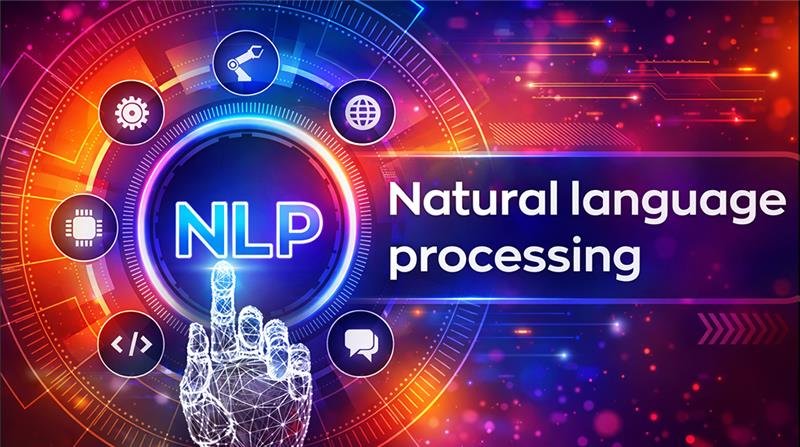In the ever-evolving world of gaming, there has been a significant change in the non-playable characters (NPCs). Previously known for rigid behavior and predictable patterns, today, they are becoming smarter, more adaptive, and even human-like in their behavior, all because of Artificial Intelligence. As 3D games become more immersive, artificial intelligence (AI) is taking center stage in the way AI-controlled characters influence how NPCs interact with players and the game environment.
The Shift from Scripted to Smart
Traditionally, NPCs had scripted conversations and actions. Consider the old-fashioned guards who would walk in fixed patterns or villagers who said the same lines all the time. Such mechanics have had their place, yet players started to desire more exciting experiences. Enter AI-powered NPCs that learn, adapt, and respond realistically depending on what the player does.
Team of Keys, a studio focusing on the development of innovative 3D games, is incorporating AI into their work at a fundamental level in order to make it more intelligent and realistic to provide an immersive experience within a game. Let's explore how some of their key projects are showcasing their innovation.
DarkStar:
DarkStar, a futuristic sci-fi shooter, uses AI to provide enemy non-player characters (NPCs) with tactical decision-making in real time. These NPCs do not simply just run towards the player- they analyse cover locations, communicate with other enemies, and outmanoeuvre. If a player switches up their tactics in the middle of the game, they adapt to this new challenge as well.
In this case, neural networks and AI-powered behavior trees assist it in perceiving the environment, exchanging info with friendly characters, and even formulating simple plans. What it creates is a sense of gameplay that is alive and unpredictable, which increases immersion and replayability.
Rising Dead: Annihilation
Zombie games have a bad reputation for brainless mobs, yet Rising Dead Annihilation reverses the concept. The undead in this game are powered by AI algorithms that make them exhibit different levels of aggression, pathfinding abilities, and sensory detection. There will be hyper-aware zombies that will pursue the player by sound and sight, and then there are less reactive ones that move in dangerous packs.
Such differences in behavior, which are driven by machine learning models and AI sensors, leave the players guessing. These are not simple cannon fodder; they are wild cards that can change tactics and organize attacks according to the actions of the players.
NexaVerse:
The open-world games are known to require a high NPC density and intricate interactions, and NexaVerse provides those. The AI in this metaverse-style 3D game gives the characters lives of their own. NPCs will go about their daily business, react to the alterations in the surrounding environment, and even develop relations with the player over the course of time.
As an example, should you often engage with a certain NPC in a friendly manner, they could provide you with special quests or even help you fight. However, the negative contacts might cause hostility or isolation. It is this emotional memory and behavioral tracking that becomes possible due to the AI-based dynamic scripting and procedural generation.
Why AI-Powered NPCs Mattered
- Increased Realism: NPCs behave in a lifelike manner with the use of AI (such as taking cover in the rain or showing an emotional reaction to in-game happenings).
- Immersive Storytelling: Branching narratives are created by dynamic interactions. AI can tailor-fit the story arcs depending on the decisions of the player, leading to different play experiences.
- Replayability: The fact that it may switch behavior/role in response to the situation allows making each game session unique and thrilling.
- Smarter Combat & Strategy: In games such as DarkStar, the AI-controlled enemies respond logically, and as such, the players have to be more tactical and not merely depend on muscle memory to win.
The Future of NPC AI in 3d Games
Machine learning is a growing technology, and therefore, the complexity of NPCs will also grow. Shortly, we may encounter AI characters that can construct their objectives, alliances, and even feelings. Developers are trying reinforcement learning, in which it discovers the best behavior by trial and error, and emotion simulation to generate human-like responses. Our AI-powered initiatives demonstrate that NPCs are not just enhancing the background but could be friends, enemies, and storytellers that will change depending on the choice a gamer makes.
Conclusion
The use of AI in the gaming industry is not a buzz term anymore but the spine of the next-generation revolution. AI-powered NPCs are changing 3D games into living, breathing worlds through smarter interactions, emotional depth, and strategic complexity. It is the work of studios such as Team of Keys that is raising the bar, with experimental projects such as DarkStar, Rising Dead Annihilation, and NexaVerse.
Frequently Asked Questions (FAQs):
Q1. What is an AI NPC?
Ans: Realistic behavior and responses to player actions are achieved through artificial intelligence that powers an AI-powered NPC.
Q2. What does AI do to enhance the gameplay in 3D games?
Ans: AI enables NPCs to become more dynamic, responsive, and immersive, which improves the whole gameplay.
Q3: Which Team of Keys games have AI-controlled NPCs?
Ans: Such games as DarkStar, Rising Dead: Annihilation, and NexaVerse have sophisticated AI NPCs.
Q4: Are the AI NPCs capable of making their own decisions?
Ans: Yes, AI allows the NPCs to decide in real time depending on the game world.











